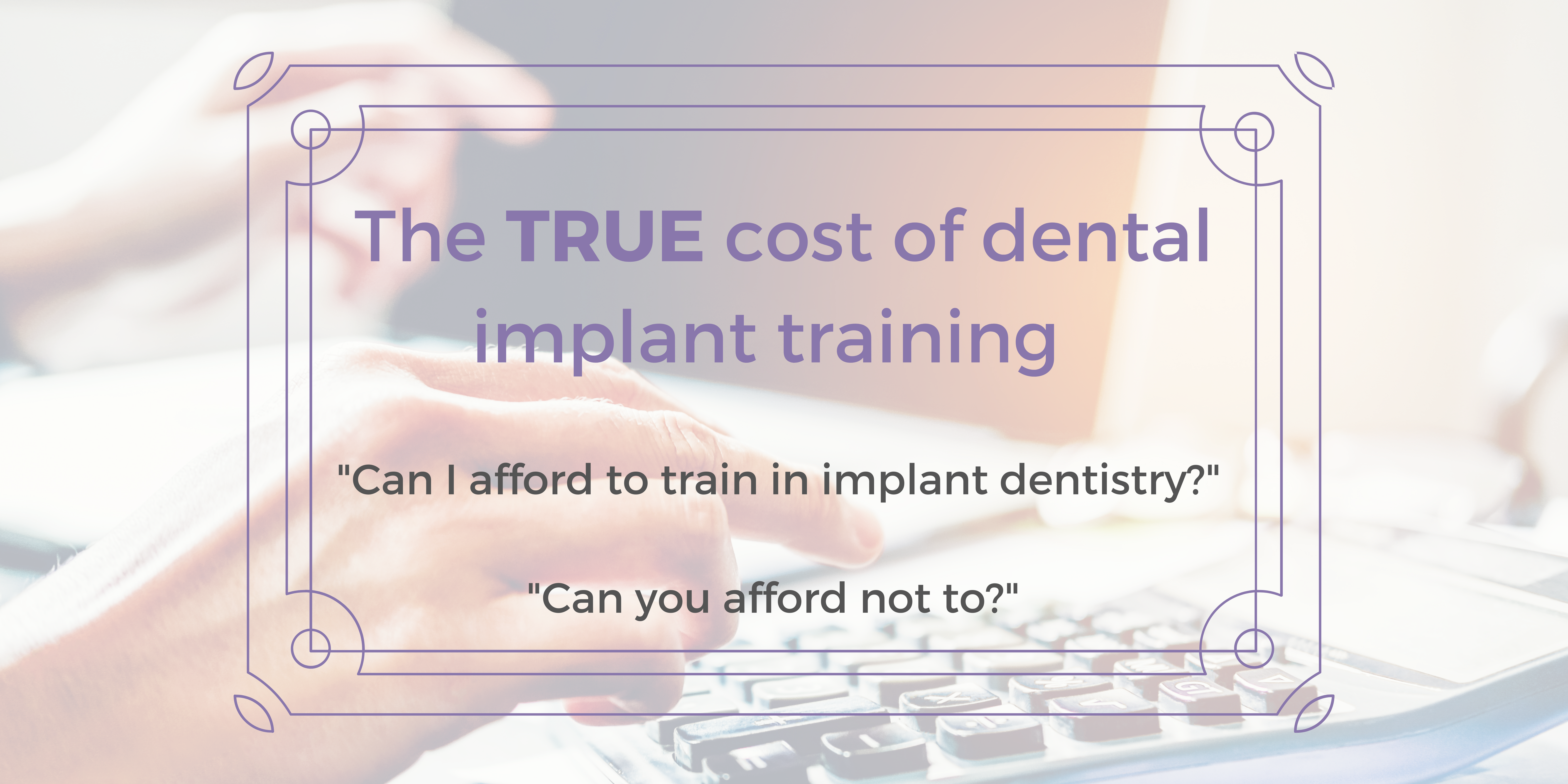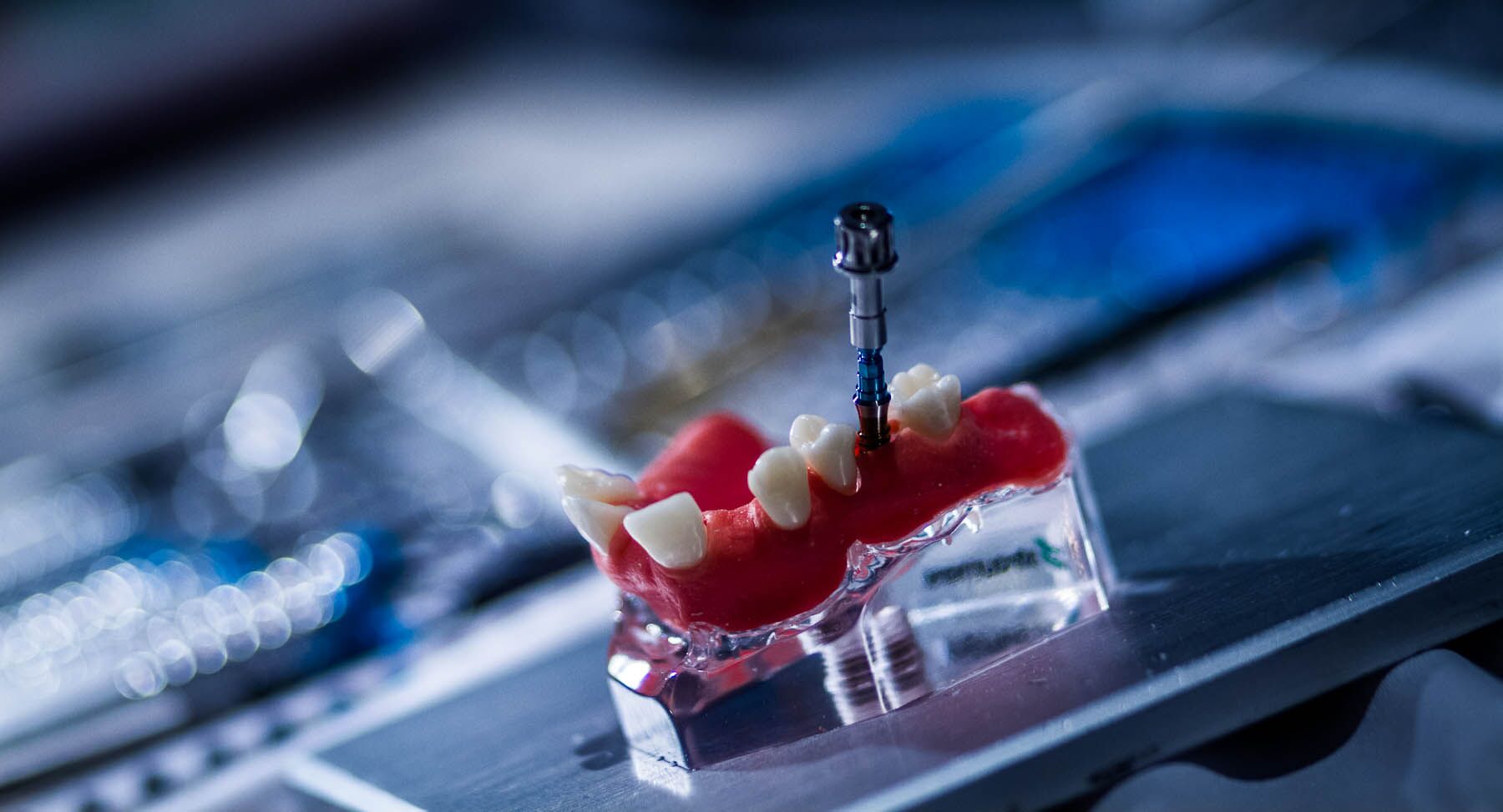.jpeg?width=910&height=476&name=Placing%20dental%20implants%20-%20what%20skills%20are%20required-%20_a).jpeg)
Having provided education in implant dentistry for many years, it’s interesting to watch people come into this exciting area of dentistry having decided that they wish to start placing dental implants. One of the most important considerations when you decide to move into that field of dentistry and in the surgical aspects of implant dentistry, is to know whether you have enough experience and confidence in surgery already to place dental implants or whether there is still work to be done.
I often have a conversation with new delegates on courses to see how much surgery they already provide within their practising lives and for people who are qualified for five years or more this is a telling question. People who love surgery will take on most things – impacted third molars, apicectomy procedures or surgical extractions. They are keen to proceed with surgery in the practice out of enjoyment, not just financial gain. In fact, the apicectomy procedure is one of the best procedures to define surgical skills as it has all elements of surgery including hard tissue, soft tissue and pathological assessment. The best apicoectomies have fine attention to detail and people who are good at these tend to be very good at surgery overall. People who are happy to take on their own periodontal surgery or other aspects of work in general practice are the ones most suited to providing implant surgery. That is not to say that if you don’t routinely do surgery at the present time that you can’t do it, but it’s not necessarily a transferable skill from restorative dentistry and you may perhaps need some guidance, assistance and mentoring in the surgical procedures within your practice and within your practising life to gain the confidence to move forwards to more complex implant surgical procedures.
Straightforward implant surgery is, in itself straightforward but you need to be able to suture up and you do need to be able to design and raise a flap. These skills can be obtained and practised in general practice through surgical extractions and other aspects of surgery including suturing sockets following extraction and it’s helpful to be guided to see how many of these procedures you’ve carried out and what level you’ve reached before starting out placing implants on patients.
Surgical skills can be assessed on model surgery and from the experience of the individual clinician. The biggest problem occurs when people have considerable confidence in surgery but little competence and clinicians must have insight and the ability to reflect upon advice to see how far down the surgical route they already are.
Going through these processes will give someone the confidence they need to know that they can proceed with straightforward implant dentistry in the instance providing exceptional advantages for their patients.








.jpeg)
Leave a comment